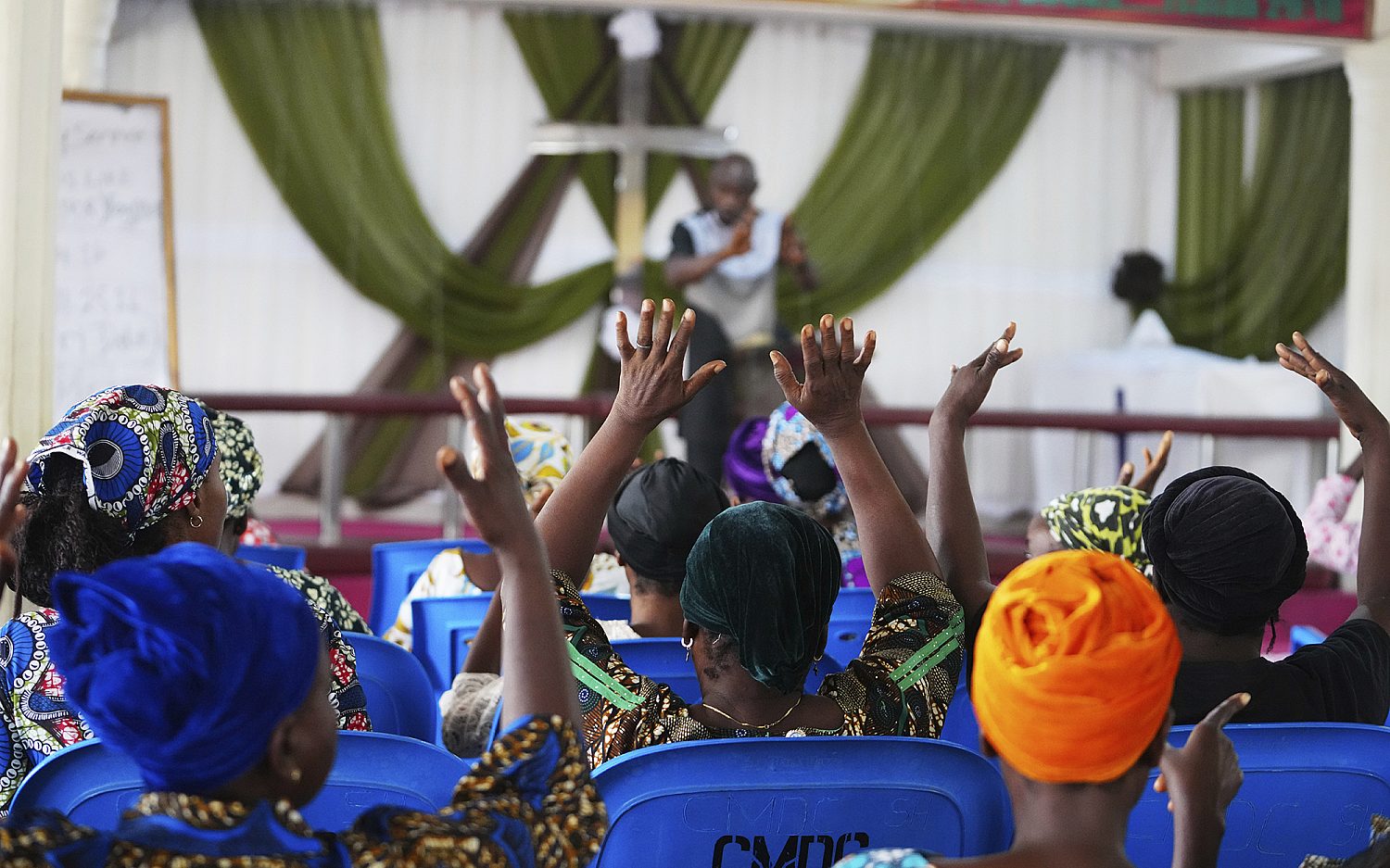Midday Roundup: Obama's top pick for attorney general named
On deck. President Barack Obama has selected federal prosecutor Loretta Lynch to serve as the next attorney general but won’t make the appointment official until next week, news outlets reported today. Citing unnamed sources, CNN said Lynch’s selection is a done deal, but Obama’s planned trip to Asia this weekend will delay the announcement. Lynch works as a U.S. attorney in New York’s eastern district. If confirmed, she would become the first female African-American attorney general.
Working lunch. Obama invited 16 congressional leaders from both parties to lunch at the White House today to look for ways to get along as Republicans get ready to take over Congress. Republicans, including soon-to-be Senate Majority Leader Mitch McConnell, have already said their agenda for 2015 includes chipping away at Obamacare, getting the Keystone XL oil pipeline fully approved, and standing firm on immigration. Speaker of the House John Boehner said Thursday the president better not try to enact immigration changes by executive order: “He’s going to burn himself if he continues to go down this path.”
On the record. The Navy SEAL who killed Osama bin Laden has come forward to tell his story, sparking a debate over whether he should have remained anonymous. Robert O’Neill, who is now retired, gave a public interview in Thursday’s Washington Post and is scheduled to appear on Fox News next week. O’Neill, who previously told his story anonymously to Esquire magazine, said he was coming forward now because his identity had become known to so many people it would inevitably be leaked nationwide soon. In a letter on Oct. 31, a Navy official urged SEALs to avoid the limelight. “A critical tenant of our ethos is, ‘I do not advertise the nature of my work, nor seek recognition for my actions,’” the letter read.
Fake ID. The FBI has angered The Associated Press with revelations it impersonated one of its reporters while trying to catch a 15-year-old accused of making bomb threats at a high school. An FBI agent in 2007 pretended to be an AP reporter in online correspondence with the suspect, who lived near Olympia, Wash. In doing so, the FBI was able to plant software on the suspect’s computer to verify his identity. The executive editor of AP said the ruse undermined the news organization’s credibility and independence. In a letter to The New York Times about the incident, FBI director James Comey defended the use of deception as a crime-fighting tool, but also said the agency would be less likely to use the tactic today than it would seven years ago.
Caught off camera? Harvard students and professors say they feel spied on after the university installed cameras in some lecture halls to study class attendance. Though the school’s Institutional Review Board approved the study, it was not disclosed to the professors or students being photographed because researchers feared that would skew the results, The Harvard Crimson reported. Harvard’s vice provost for advances in learning, Peter K. Bol, said he had notified the professors of the study and given them the option to have their class data removed from it. He also intends to notify all of the students affected and let them know the images taken in the study have been destroyed.
The Associated Press contributed to this report.
An actual newsletter worth subscribing to instead of just a collection of links. —Adam
Sign up to receive The Sift email newsletter each weekday morning for the latest headlines from WORLD’s breaking news team.





Please wait while we load the latest comments...
Comments
Please register, subscribe, or log in to comment on this article.